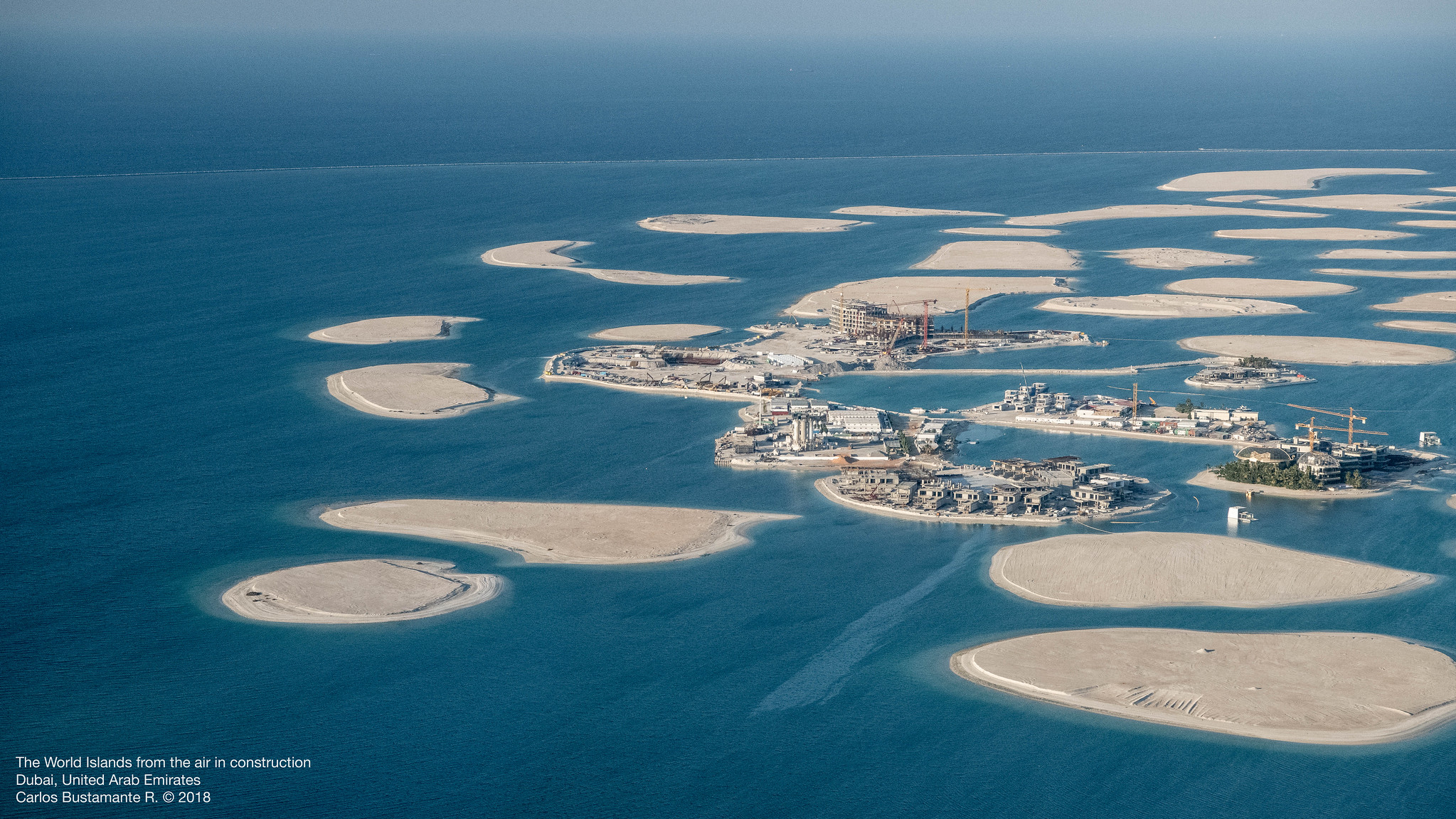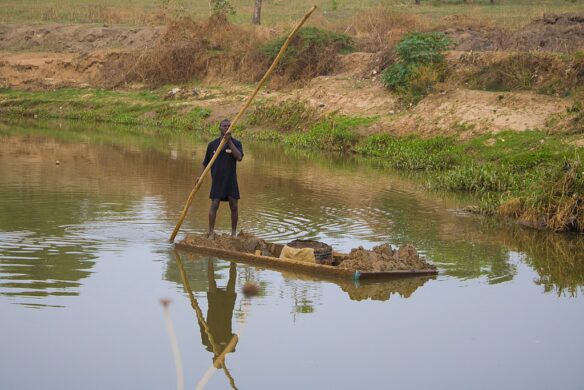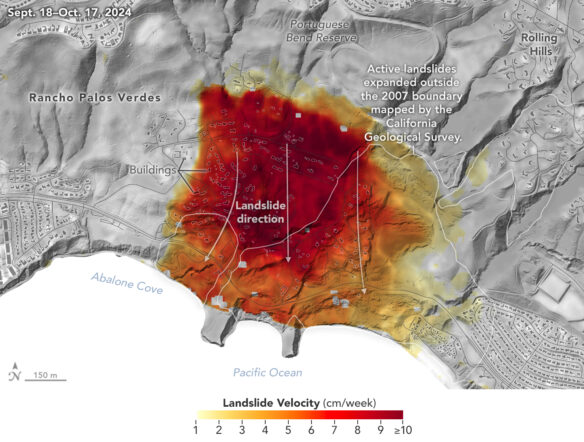Excerpt:
People are building more and more land—a growing proportion of which is for luxury developments. It’s putting the rest of us at risk of flooding.
As the sea rises and the population booms, builders around the world are in a race to transform coastal bays and shallow seas into new land. Yet don’t mistake this rush of land reclamation as a response to the challenges we face. “It’s built for rich people,” explains Dhritiraj Sengupta, a physical geographer at England’s University of Southampton. Sengupta’s latest research shows there’s been a huge increase in the use of reclaimed land for luxury hotels, shopping areas, and high-end living spaces—developments designed to boost a city’s global reputation.
Dubai, in the United Arab Emirates, is a good example of this prestige building, Sengupta says. Tourism and economic development—especially to lure a wealthy clientele—has driven most of the building boom in Dubai. But it also highlights the issues with reclaimed land. The World in Dubai, a world map–shaped artificial archipelago and one of the largest examples of luxury reclamation, covers around 50 square kilometers. But development on the islands has stalled, and there are claims it’s already washing away.
Land reclamation—dumping sand, rocks, and other materials along coastal areas and building structures like sea walls to keep it all in place—is not new. Many metropolises, like New York City in New York and Mumbai in India, are built on reclaimed land, as are large swaths of some countries, like the Netherlands. But what is striking about recent land reclamation, Sengupta says, is the pace. “Cities are growing rapidly,” he says.
Using satellite imagery to analyze the growth of 135 coastal cities with at least one million residents between 2000 and 2020, Sengupta found that 106 cities have expanded into the sea. In total, these 106 cities have added more than 2,530 square kilometers of land—an area the size of Luxembourg. Asia is leading this land grab, accounting for 98 percent of the growth…









